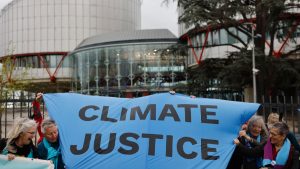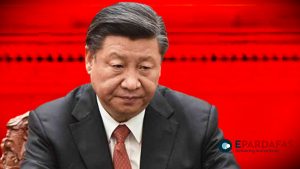
Nepal’s Electric Vehicle Dilemma: A Call for Urgent Policy Reform
In the global race towards sustainable transportation, Nepal stands at a critical crossroads, grappling with conflicting signals and policy inertia that threaten its commitment to an electric vehicle (EV) future. The recent decision by the Nepalese government to impose a 10 percent tax hike on EVs for the fiscal year 2024-25 has sparked widespread concern and criticism, underscoring deeper issues in the country’s transition strategy.
Amidst a growing international consensus on the imperative of reducing carbon emissions and embracing green technologies, Nepal’s sluggish pace in adopting EVs raises significant alarms. The country, known for its scenic beauty and pristine landscapes, is paradoxically marred by severe air pollution, largely attributed to vehicular emissions. With fossil fuels comprising a substantial portion of its import bill, Nepal’s overreliance on traditional vehicles not only undermines its environmental goals but also strains its economic resilience.
The benefits of transitioning to EVs are manifold and immediate. Beyond improving air quality and curbing greenhouse gas emissions, which are crucial for public health and climate stability, embracing electric mobility can also harness Nepal’s abundant hydropower potential. This shift would not only reduce dependency on imported fossil fuels but also position Nepal as a regional leader in sustainable energy practices.
However, the journey towards widespread EV adoption in Nepal faces daunting challenges. Concerns over inadequate charging infrastructure and the initial cost of EVs persist, compounded now by the recent tax hike. These obstacles hinder consumer confidence and threaten to derail progress towards ambitious national targets, such as achieving net zero greenhouse gas emissions by 2045 and decarbonizing the transport sector by 2030.
The inconsistency in Nepal’s policy approach further complicates matters. While on one hand, the government pledges commitments to green energy transitions and sustainable development goals, on the other hand, it entertains projects like oil pipelines with neighboring countries. Such mixed signals not only undermine public trust but also highlight the urgent need for coherent and proactive policymaking.
The recent history of Nepal’s EV initiatives illustrates this disconnect vividly. Despite setting ambitious targets in its Nationally Determined Contributions (NDCs), actual progress has been minimal, with only a marginal increase in EV penetration over the years. The abrupt tax hike on EVs further exacerbates these setbacks, stifling consumer interest and stalling momentum towards a cleaner transport future.
To navigate these challenges effectively, Nepal must prioritize the formulation and implementation of robust policies that unequivocally support green growth and EV adoption. This includes investing in essential infrastructure such as charging stations and fostering partnerships with international organizations and donor agencies. By leveraging these resources, Nepal can mitigate the financial burden of EV adoption and accelerate progress towards its environmental and developmental goals.
Moreover, there is a pressing need for transparency and accountability in policymaking, ensuring that commitments translate into tangible actions on the ground. This demands a strategic rethink of fiscal policies that incentivize rather than discourage EV adoption, recognizing the long-term economic and environmental benefits for the country.
In conclusion, Nepal stands at a pivotal juncture in its quest for sustainable development. Embracing electric vehicles isn’t just about reducing pollution or meeting global targets—it’s about securing a cleaner, more resilient future for generations to come. The time for decisive action is now. By seizing the opportunity to lead in green energy innovation and policy reform, Nepal can reaffirm its commitment to global environmental stewardship and pave the way for a brighter, sustainable future.













Comments